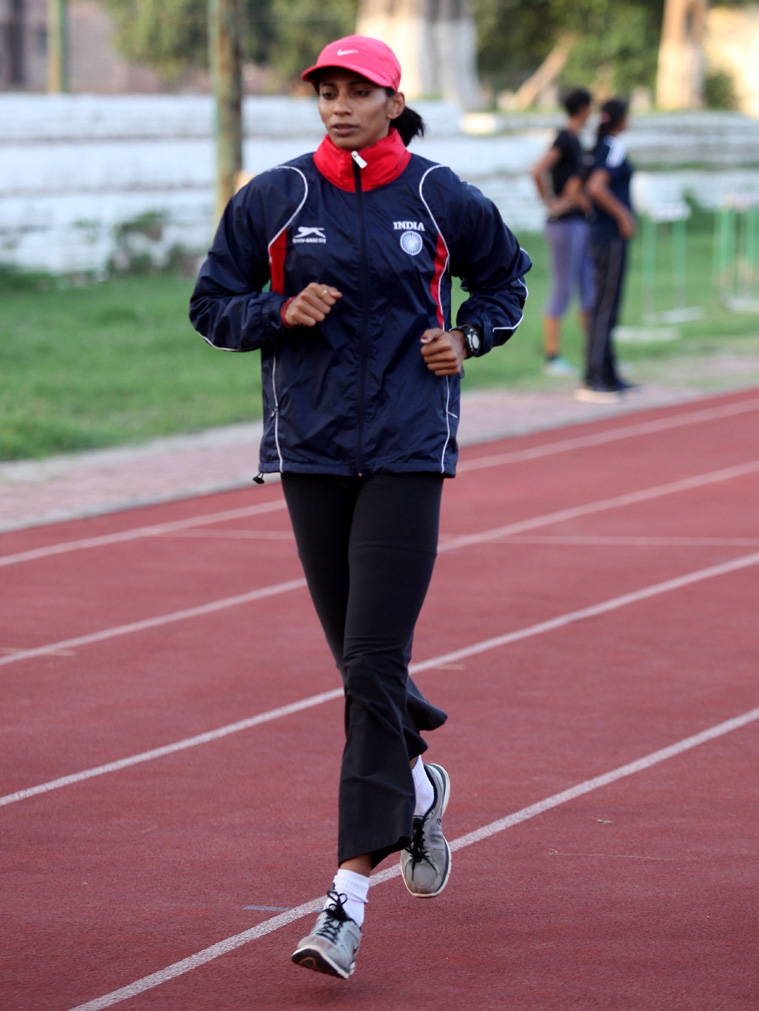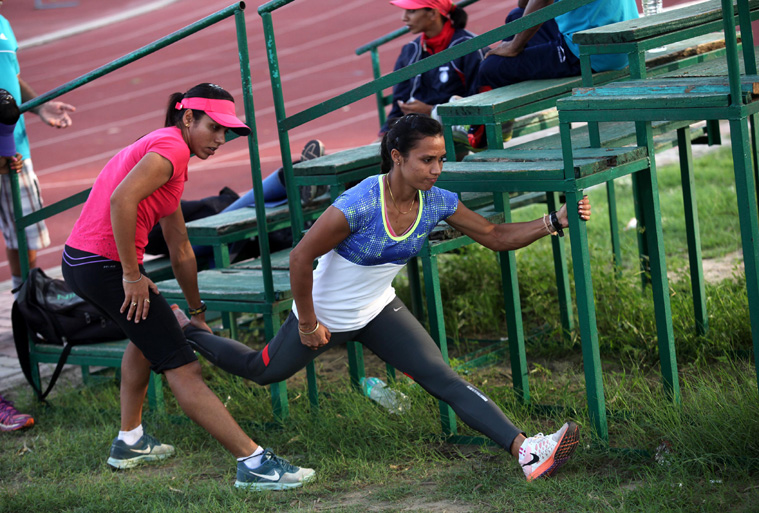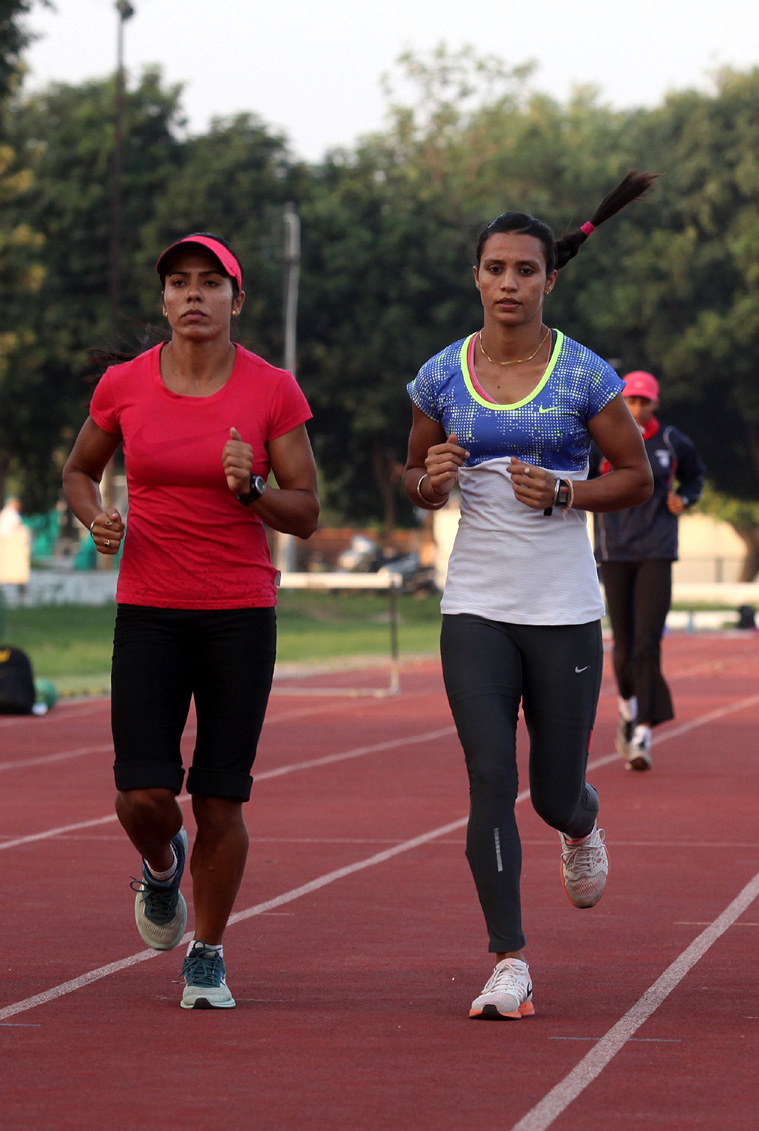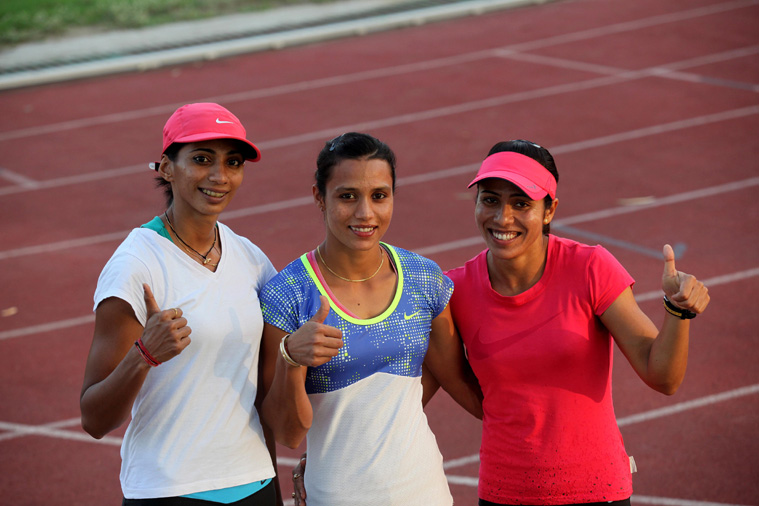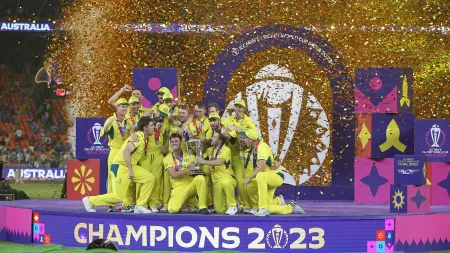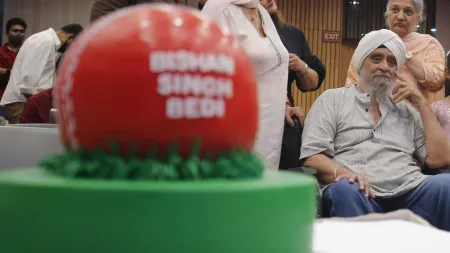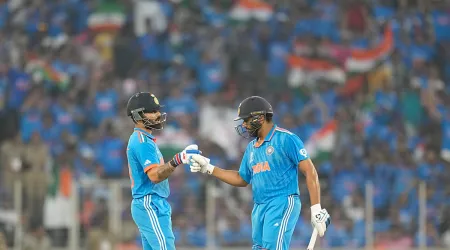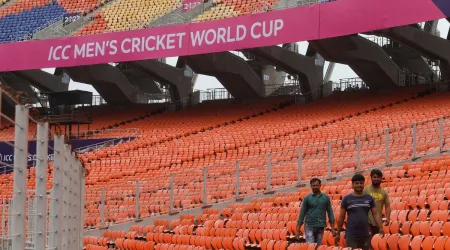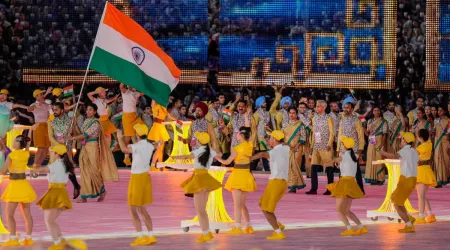- India
- International
Asian Games 2014: People wouldn’t give us rooms on rent, they would say these girls do drugs, say India’s relay trio
Returning to the Indian team after a doping ban, relay trio talk to Nitin Sharma about their dark days.
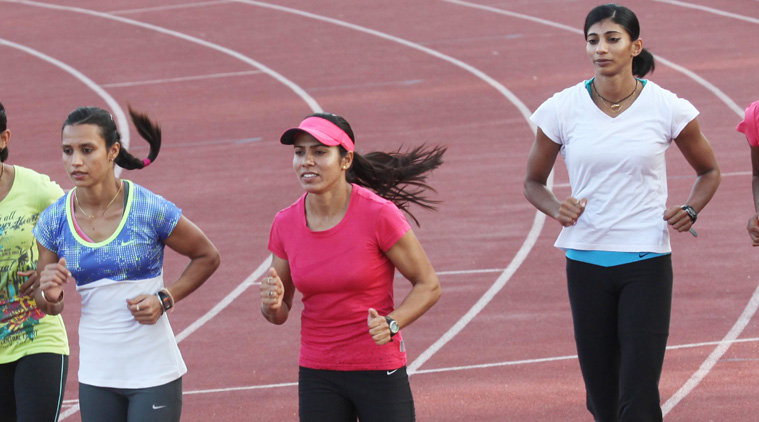 Dope-tainted women athletes Mandeep Kaur (L), Priyanka Panwar (C) and Ashwini Akkunji (R) practicing at NIS Patiala (Source: Express Photo by Jaipal Singh)
Dope-tainted women athletes Mandeep Kaur (L), Priyanka Panwar (C) and Ashwini Akkunji (R) practicing at NIS Patiala (Source: Express Photo by Jaipal Singh)
It’s early in the morning though the training session is nearing its end. Athlete Mandeep Kaur calls team-mate Priyanka Panwar to start the usual stretching schedule. As 26-year-old Kaur grips the wooden chair stand, her right foot slides but an alert Panwar moves quickly to stop her from slipping. Both girls have a good laugh. Soon the duo is joined by Ashwini Akkunji and as the training session ends, Kaur updates the trio about the next training schedule.
“Support, that’s what keeps us close. We have seen very bad times and the only thing we earned during those hard times was that all of us stood by each other throughout the bad phase,” says Kaur as they are joined by other members of the Indian Women’s 4 X 400 M relay team, Poovamma, Debashree Paul and Arya C.
Three years after Kaur, Akkunji and Panwar were banned for two years after testing positive for anabolic steroids, the trio have made a successful return to the Indian Women’s 4 X 400 M relay team. With Akkunji and Arya watching from the stands, Mandeep Kaur, Priyanka Panwar, Deboshree Paul and Poovamma finished with a timing of three minutes and 29.93 seconds in the trials held earlier this week to book the berth for Incheon Asian Games.
“June 23, 2011. It was a day when everything turned against us. It all happened so quickly but we’ll never forget that date. Yes, it was a mistake but we were not responsible for the mistake. We maintained that we took those supplements which were given to us by coach Yuri and nothing more,” says an emotional Kaur as Panwar fetches some water to calm down her crying team-mate.
Four years ago, Kaur, Akkunji, Sini Jose and Manjeet Kaur lit up the JN Stadium winning gold in women’s relay at Delhi’s Commonwealth Games, before an encore at the Guangzhou Asian Games. Six months later Kaur, Akkunji, Jose along with Panwar and Tiana Mary Thomas’s samples would test positive for anabolic steroids.
Life after the ban

A week after that dark date, all six athletes were thrown out of the national camp and left to fend for themselves. The quarter-milers decided to stick together. The legal complications of their protest meant that the athletes had to travel together and on Mandeep’s insistence, the athletes rented a paying-guest accommodation in Patiala. With renowned lawyer RK Anand taking up the case and waiving off the fee for formalities in India, the athletes still had to arrange for seven lakh each.
“When IAAF extended the NADA ban of one year to two years, we protested and RK Anand was of great help, waiving off the fee for the legal formalities in India. But for the case to make it to the Court of Arbitration of Sports, Lausanne, we had to pool in two lakhs each apart from the one lakh fee deposited after the hearing. It was an eight hour hearing and all of us did not talk to each other for eight hours.
The ban, and there was nothing we could do,” shared Panwar, who ran her personal best of 52.20 in the trials.
The case was lost, the ban duration extended. After consultation with coach Harbans Singh of Chandigarh, the athletes decided not to leave training and rented a paying guest accommodation in Patiala. Denied permission to train at the national camp, the trio of Kaur, Akkunji and Panwar trained in public parks in Patiala. “I cannot even recall the number of parks we’ve trained at. We’ve lived our entire athletics career in hostels and when we moved out, it was like a new world to us. We would sometimes train on roads and truck drivers would pass comments on us. When we were in Delhi, I used to run in Nehru Park in Delhi and morning joggers would stare at us. It would drain us mentally too and we were tired of giving explanations to people,” shares Akkunji, who also won the gold medal in the 400 M hurdles event in the 2010 Asian Games in Guangzhou.
If Akkunji and Panwar spent time at Patiala, Mandeep was struggling with an injury in her hip bone. Tired of the constant injuries and watching her running career drift off, Kaur decided to get married and tied the knot with Harpinder Singh, a cycling coach at Punjabi University in January 2013. She was on the verge of quitting the sport, but for a chance call by Indian Athletics Federation secretary Lalit Bhanot, that changed her mind. “We were on a trip to Shimla when Bhanot sir called me to enquire about my injury. I told him that I might quit. My husband heard it and was adamant that I continue. For the next two days, I jogged at the Ridge, Shimla and changed my decision.
Later we went for two months to Australia’s Melbourne University on our own expense and it helped me a lot. I also sought ayurvedic treatment from Kerala for my injuries,” shares Kaur, who belongs to Cheema Khurd village near Amritsar.
No place to train
Out of the camp, the quarter-milers first trained in Patiala before shifting their base to Sonepat, where they sought permission to train at the SAI Centre. First refused, the athletes filed a case in the Punjab and Haryana High Court and got the nod to train at the Sonepat centre. From being refused rent-accommodation to spending nights at railway stations, the athletes saw it all during their Sonepat stint.
“People would not give us rooms on rent as they would say these girls do drugs. Most of our money was spent during the case and my brother took a loan on his salary for me. Once, we ran out of money and Tianaa and I spent a night at the Sonepat Railway station,” adds Panwar. And for the Asian Games 400 M hurdles champion Akkunji, the ban also meant a complete break from the hurdles event. “There was no place to train for hurdles and I opted for a break from the event. It was tough and I would spend time meditating. It’s been 18 months since I last went home and my parents keep asking me to visit.” shared the 27-year-old.
Return to the track
After their bans ended, the duo did not run in the event, but watching fellow athletes gave them confidence and a chance to spend time with long-time coach RS Sidhu.
Sidhu, who has trained them since 2003 charted out a schedule for the athletes and soon the quarter-milers were returning with timings of 3 minutes and 32 seconds, equal to what Poovamma, Tintu Luka, Nirmala and Anu Mariam Jose ran in last year’s Asian Championships.
While Kaur returned with a timing of 53.96 in the Federation Cup this year, Panwar ran 53.40. For Akkunji, the season’s best has been 57.44 in 400 M hurdles and the long-legged runner believes that she can top her personal best of 56.11 which fetched her gold at Guangzhou.
“Before 2010 CWG, we took part in 11 competitions. This time, it’s only two. But with more tournaments, I’ll improve,” shared Akkunji.
Even though Akkunji was not part of the four-member team which returned with a timing of three minutes and 29.93 seconds, a time better than the Indian team’s gold medal winning time of 3:32.26 s in last Asian Games, coach Sidhu believes their experience bodes well for the team.
“These girls know that they can achieve a quicker timing and that’s their biggest strength. It was tough for them initially making a return after three years. Kazakhstan, Chinese and Sri Lankan teams will be a challenge in Incheon but I’m sure the girls will maintain their timings,” said Sidhu.
Looking ahead
The trials time has given the trio renewed hope. While teen sensation Poovamma ran the fastest in the trials during her leg, Kaur believes their experience coupled with Poovamma’s timing can work wonders for the team. “Seeing Poovamma run, takes us back to our younger days. She’s learnt fast. Running is also about the mind and a medal in Asian Games will help us bring our real self back,” shares Kaur. For Panwar, the medal in Asian Games would mean an end to her financial troubles. “During the ban, once I joined my job in railways in Mumbai, I’d train at the beach in the morning and do my desk job the whole day. After three months I fell ill and my parents brought me back to Muzaffarnagar. And that’s when I realised this is what I love to do. And it’s about getting our respect back,” says Panwar.
Akkunji is quick to add, “When we were facing all these hurdles, I would think about them as hurdles in the 400 m race and we are happy that we cleared them all.” The biggest thing the last three years taught us is to trust very few people and we will keep that in mind for the rest of our lives.”
All Pictures by Jaipal Singh


